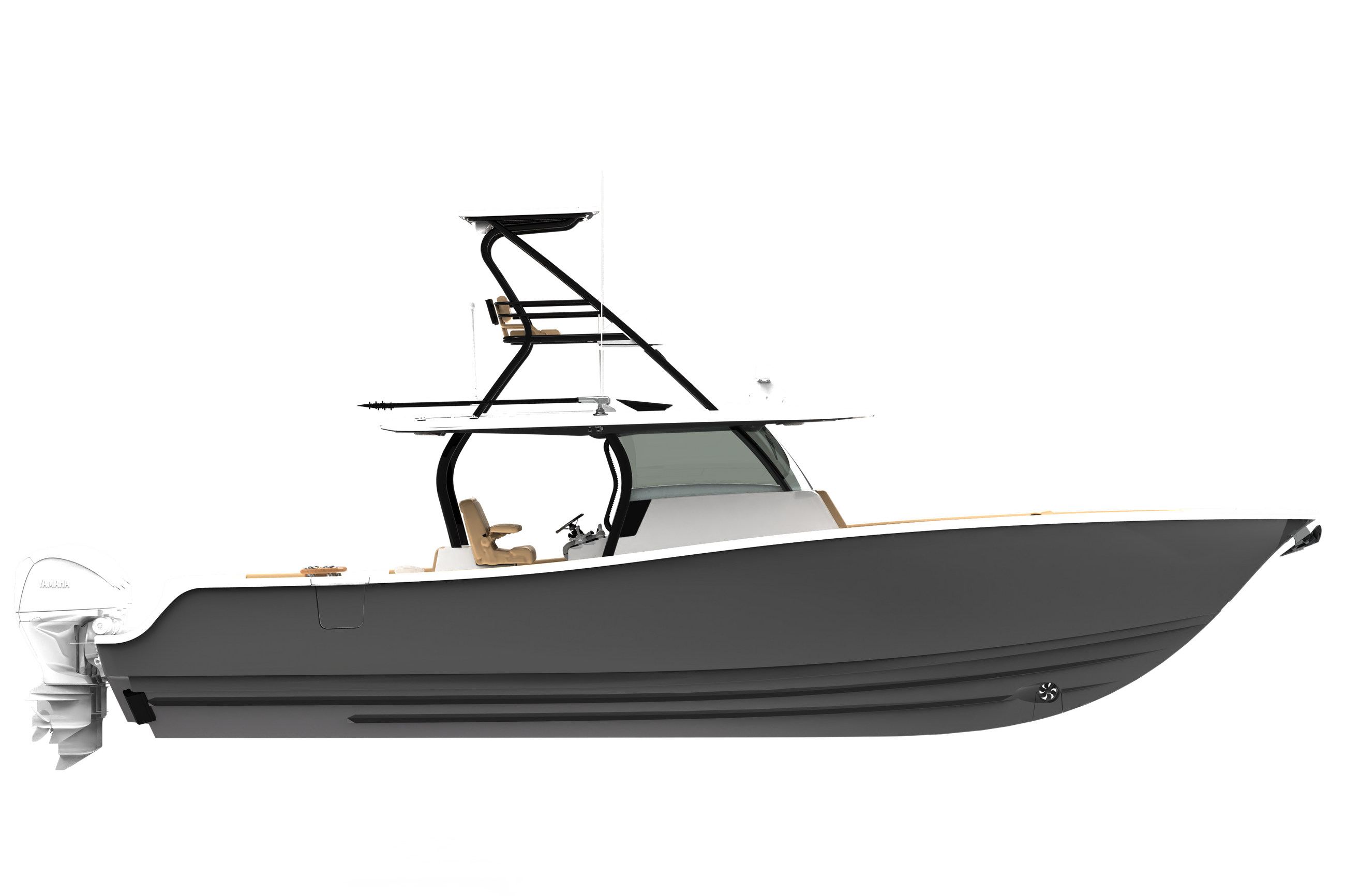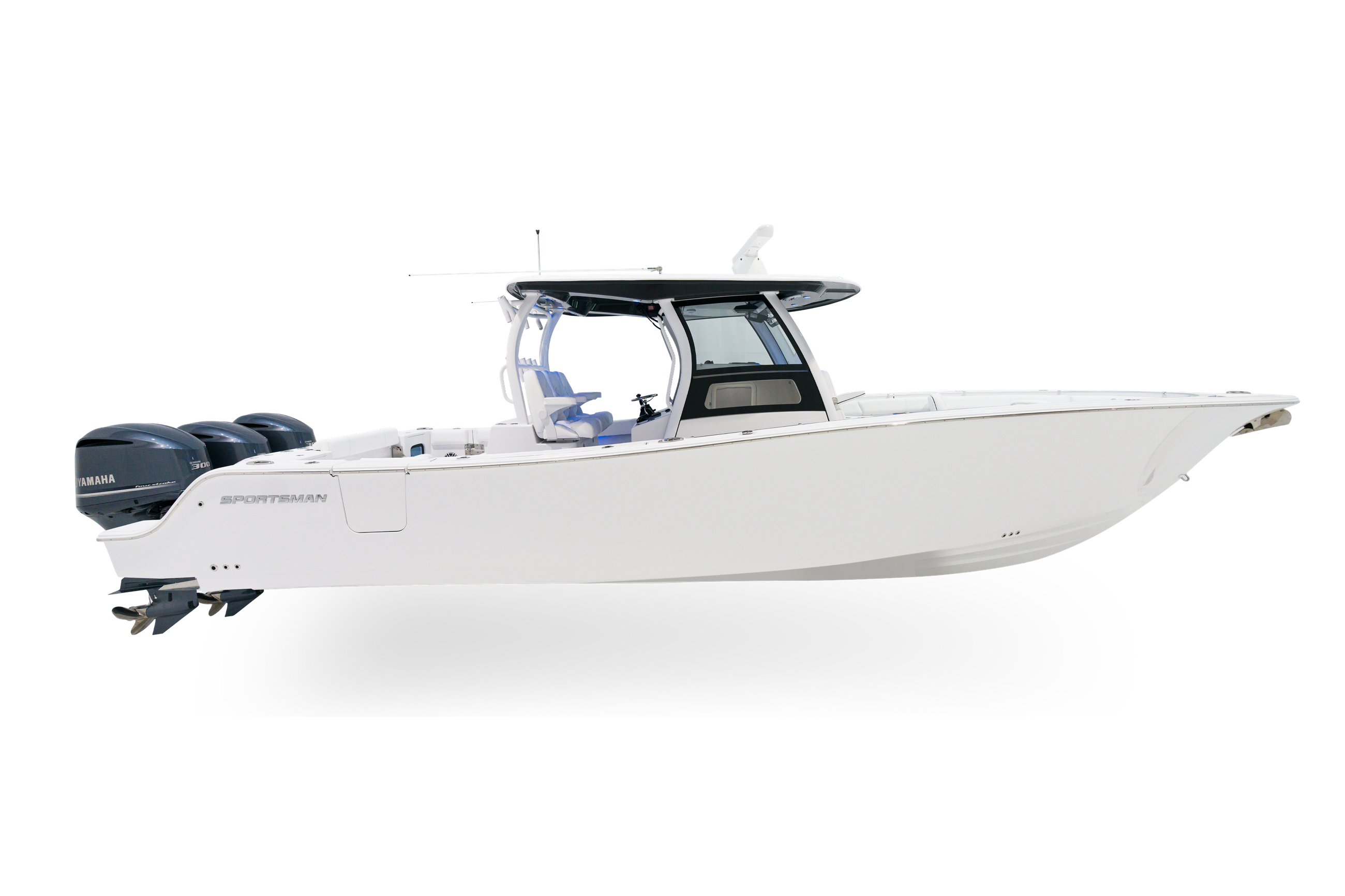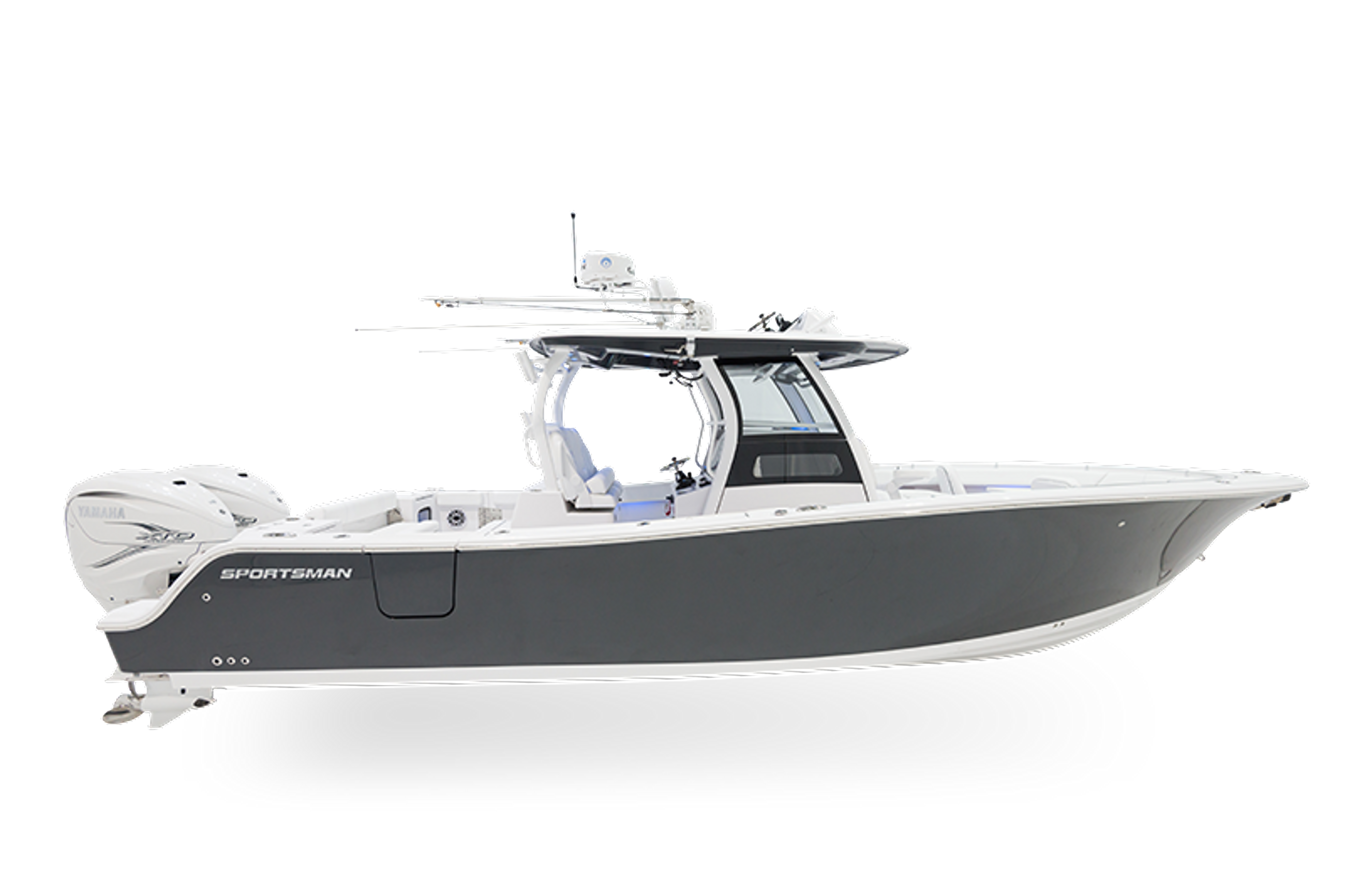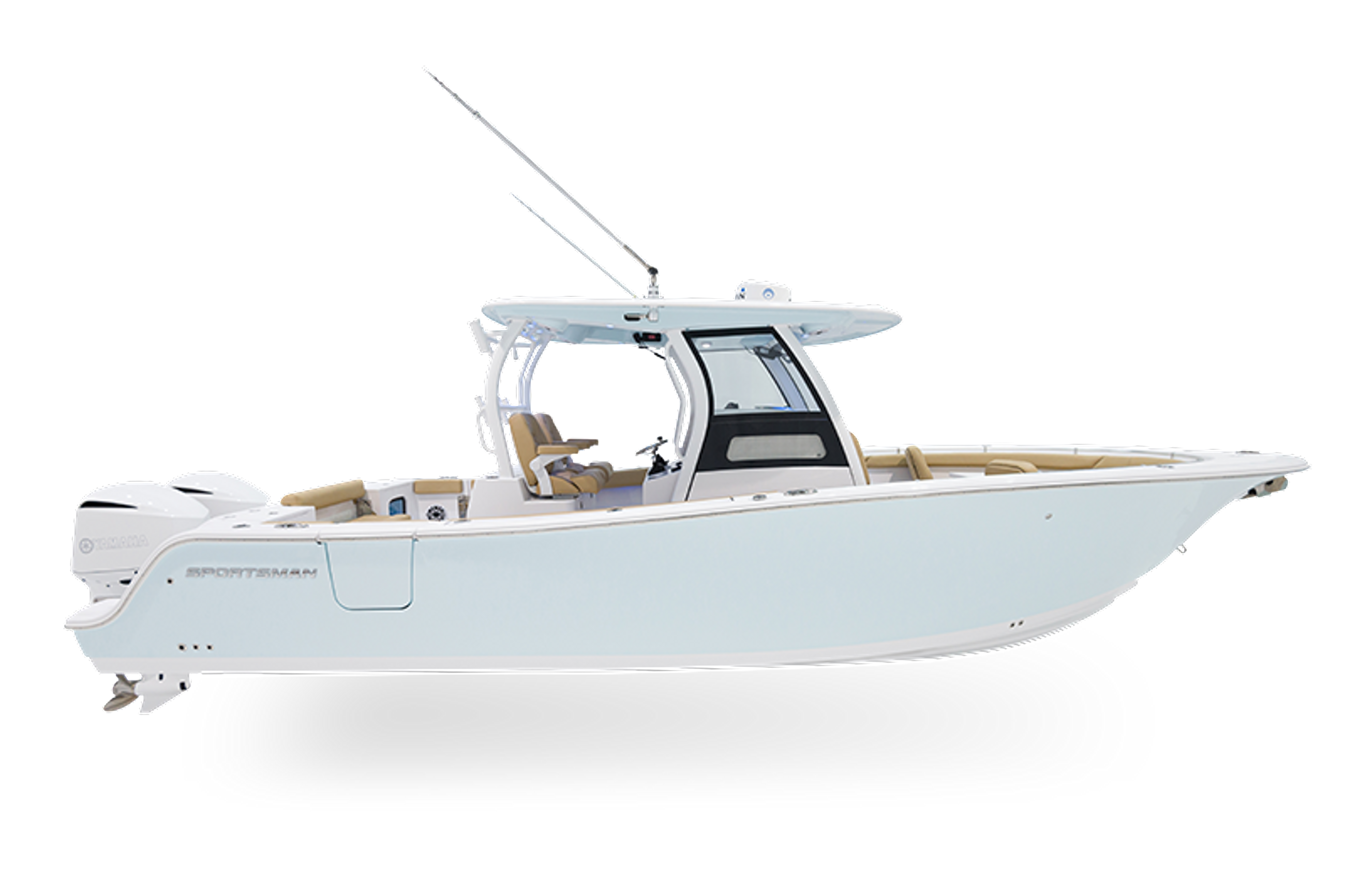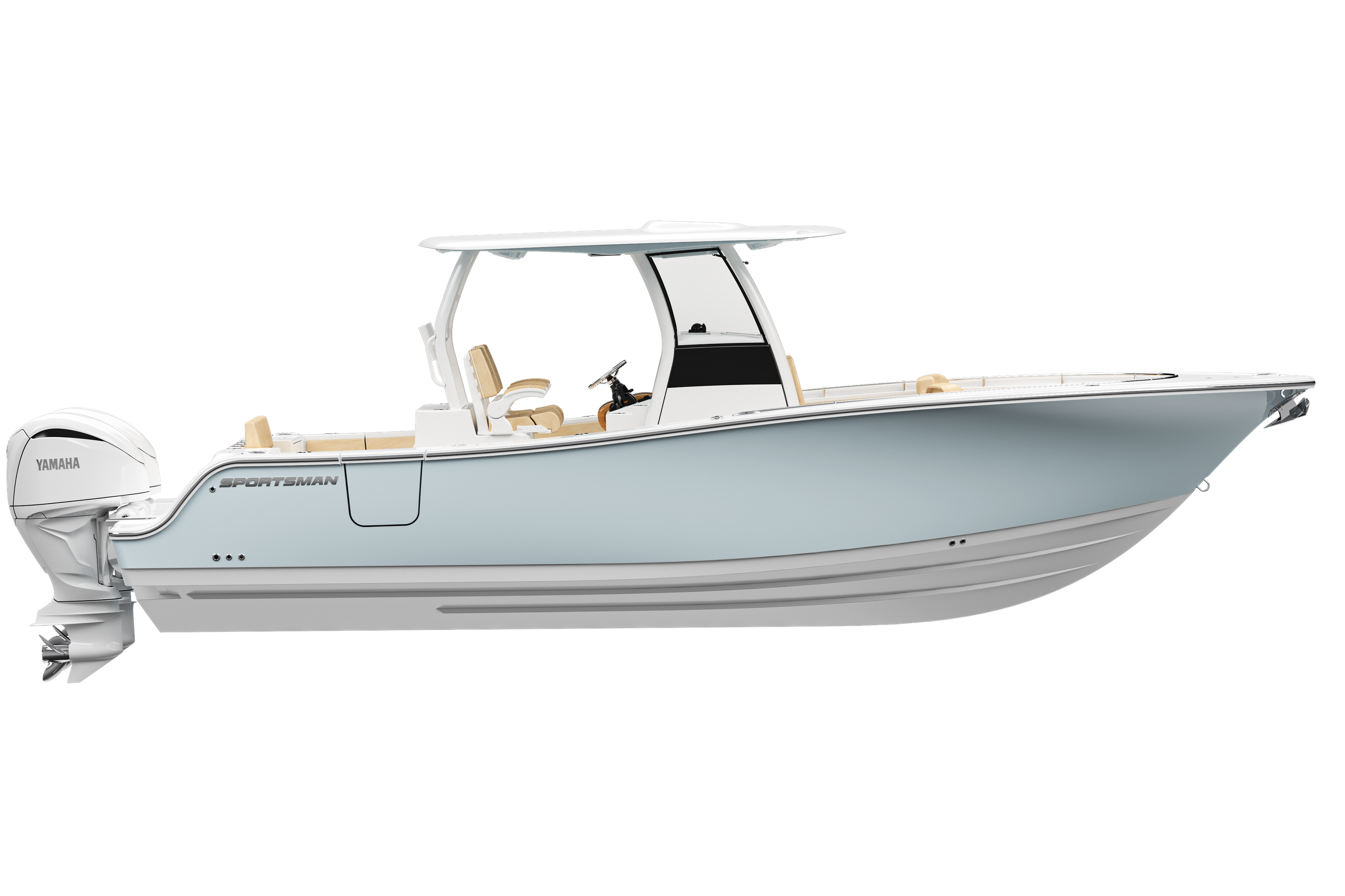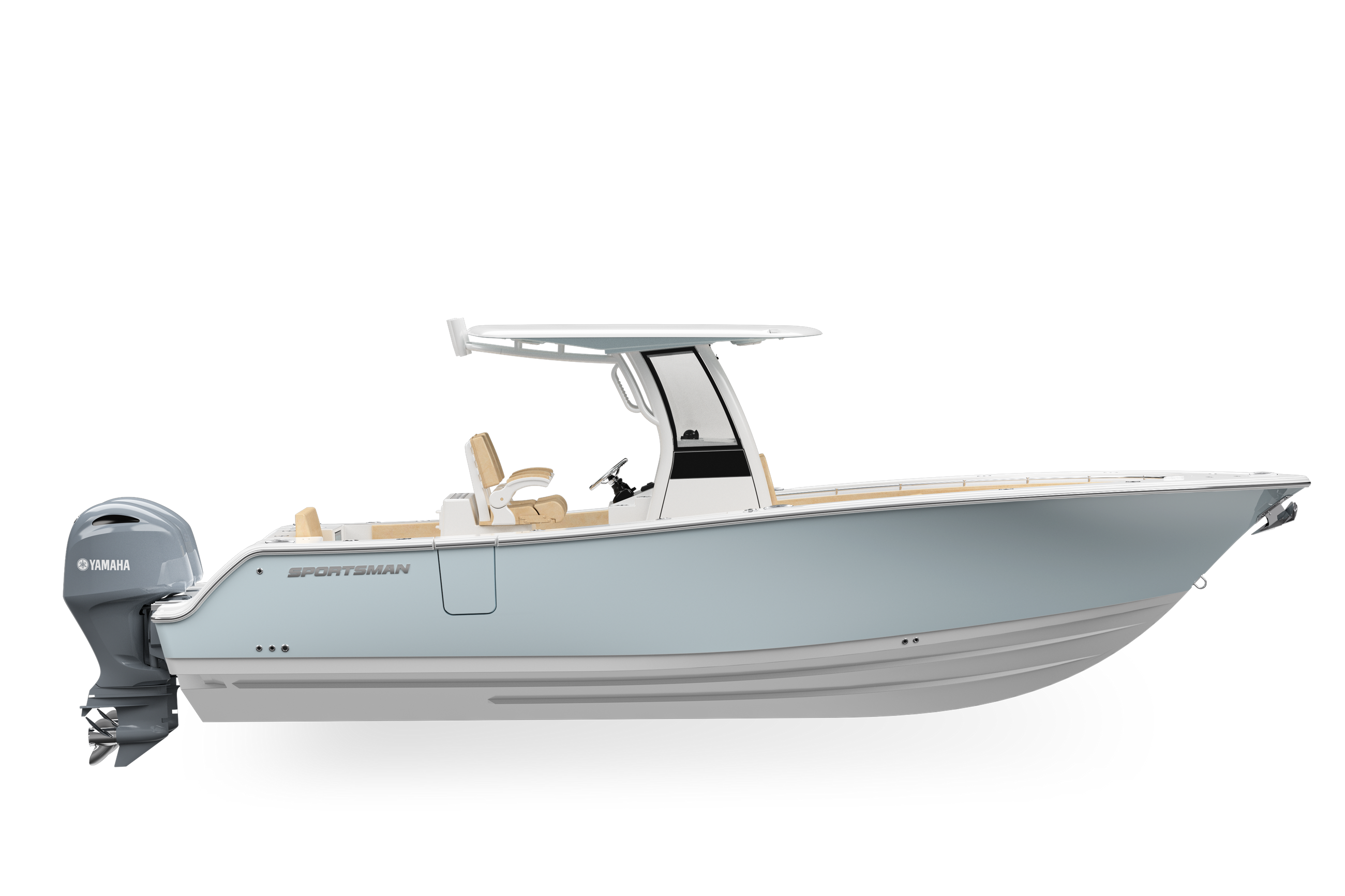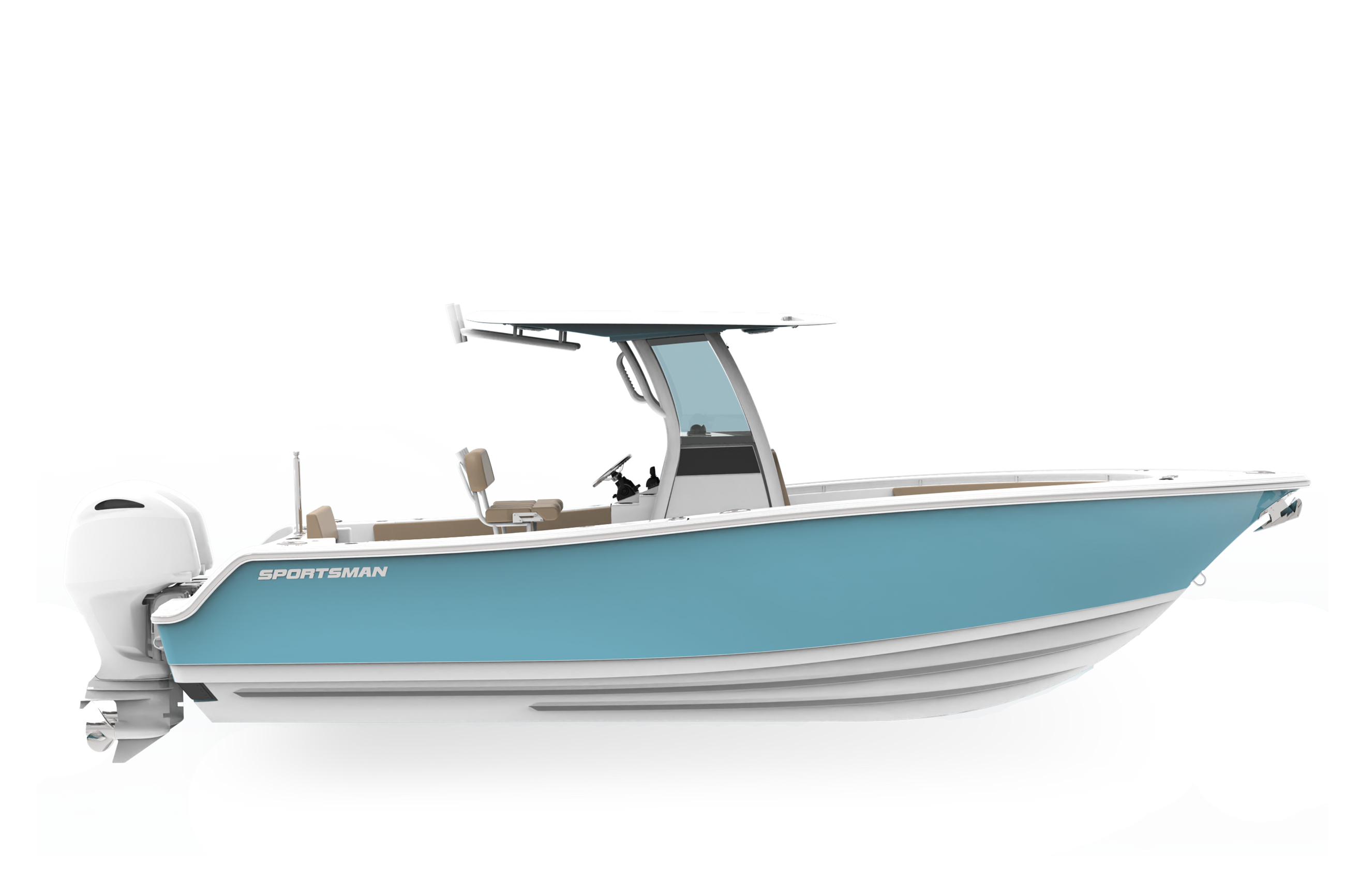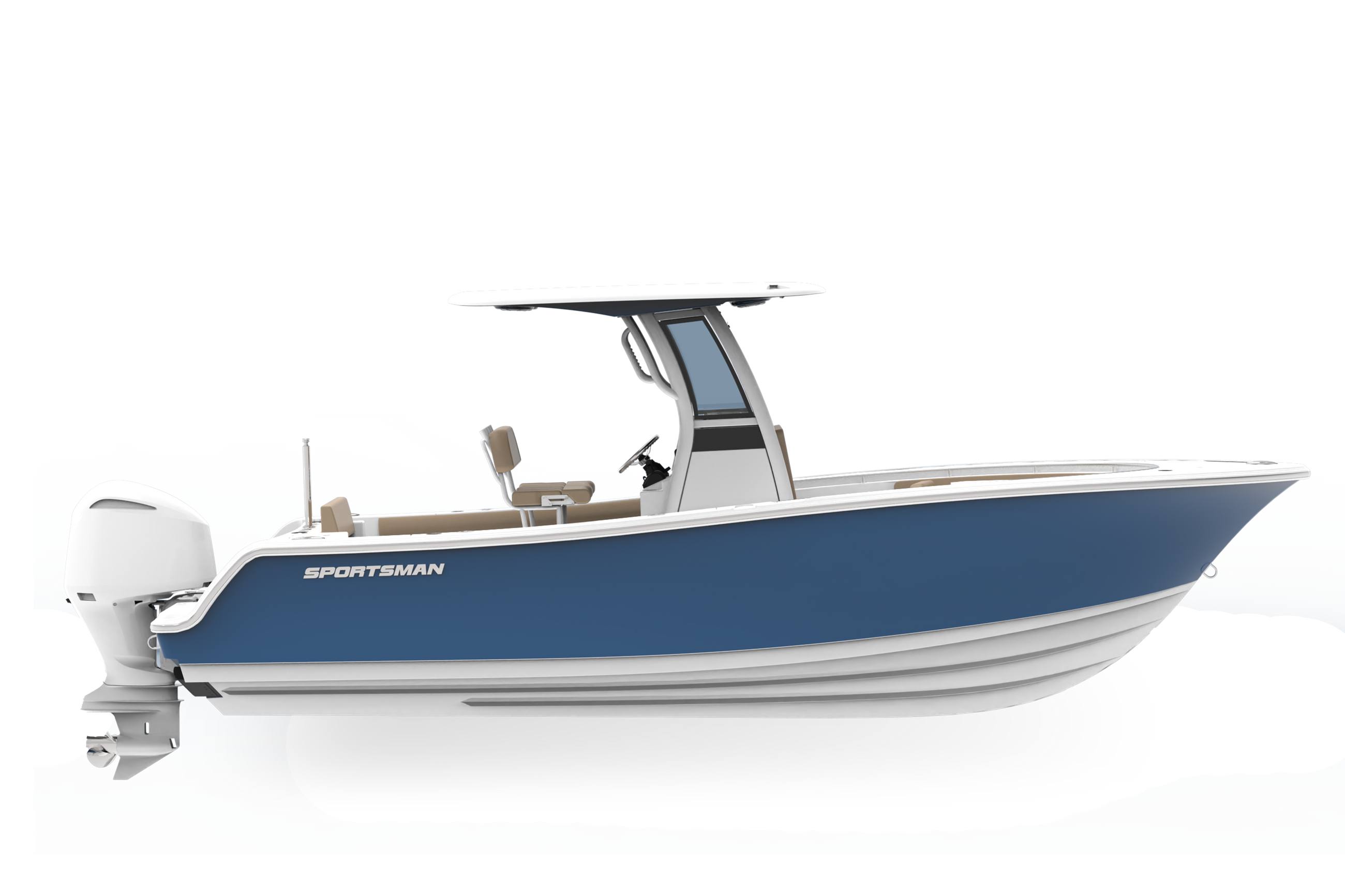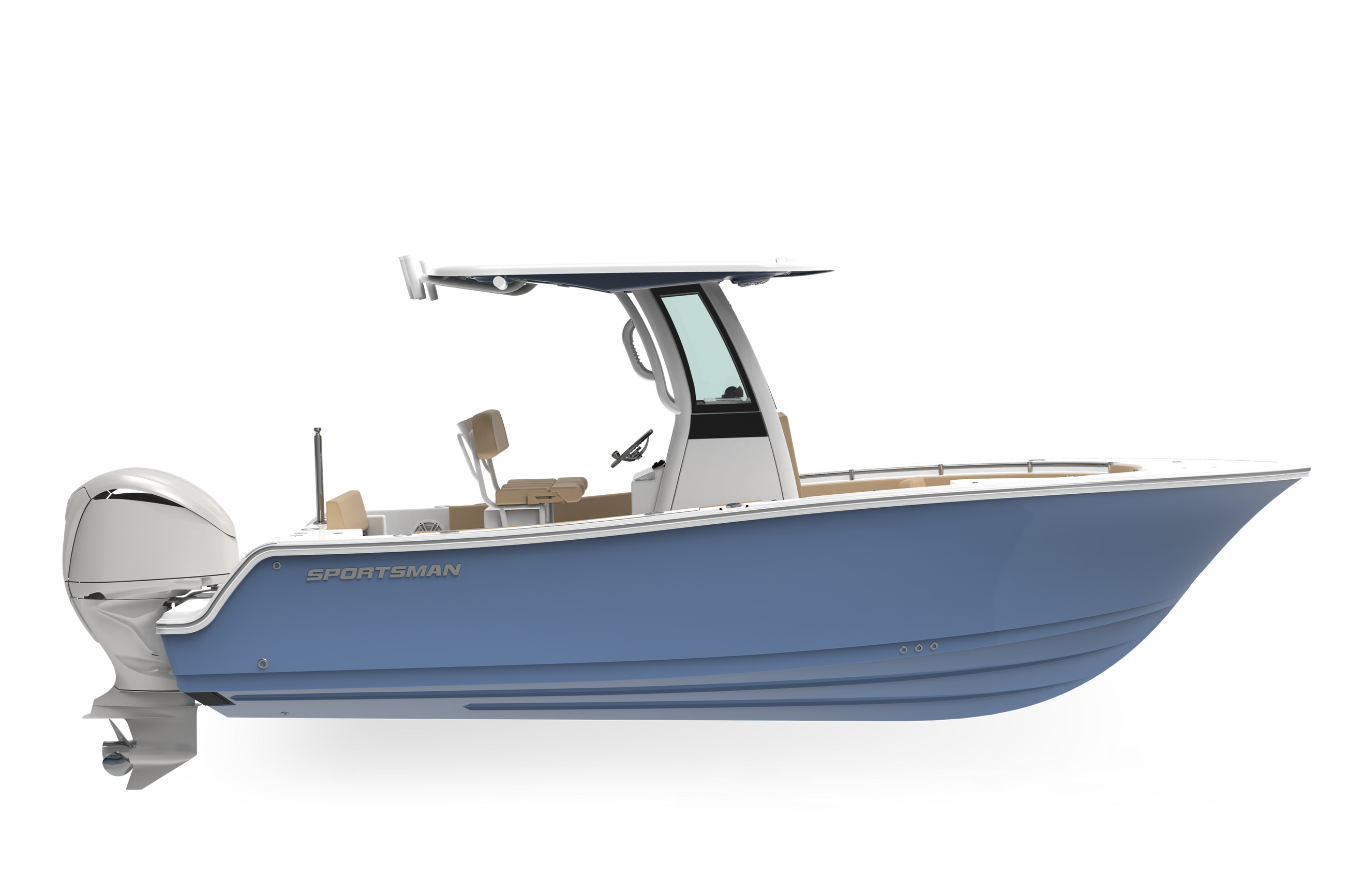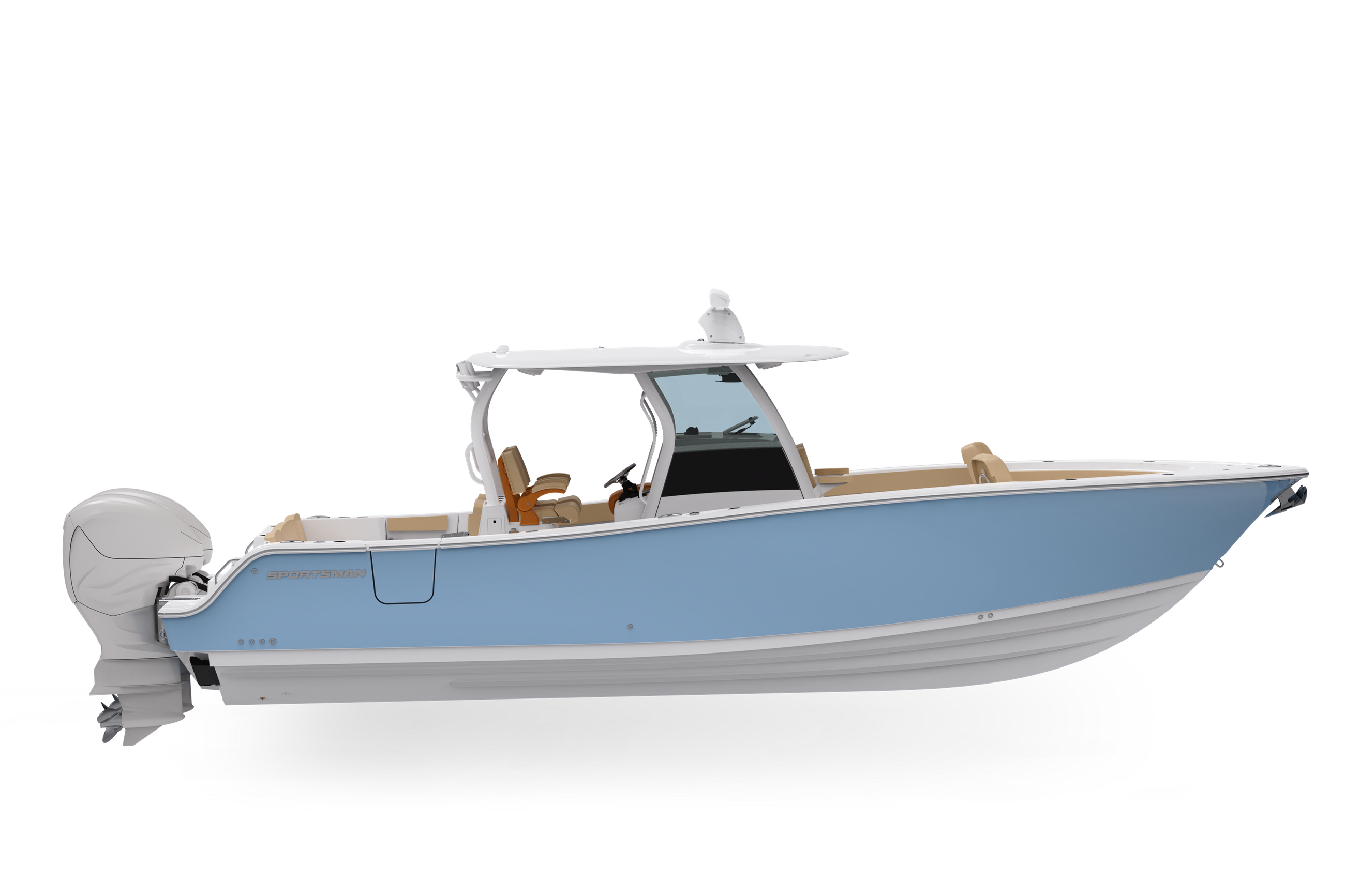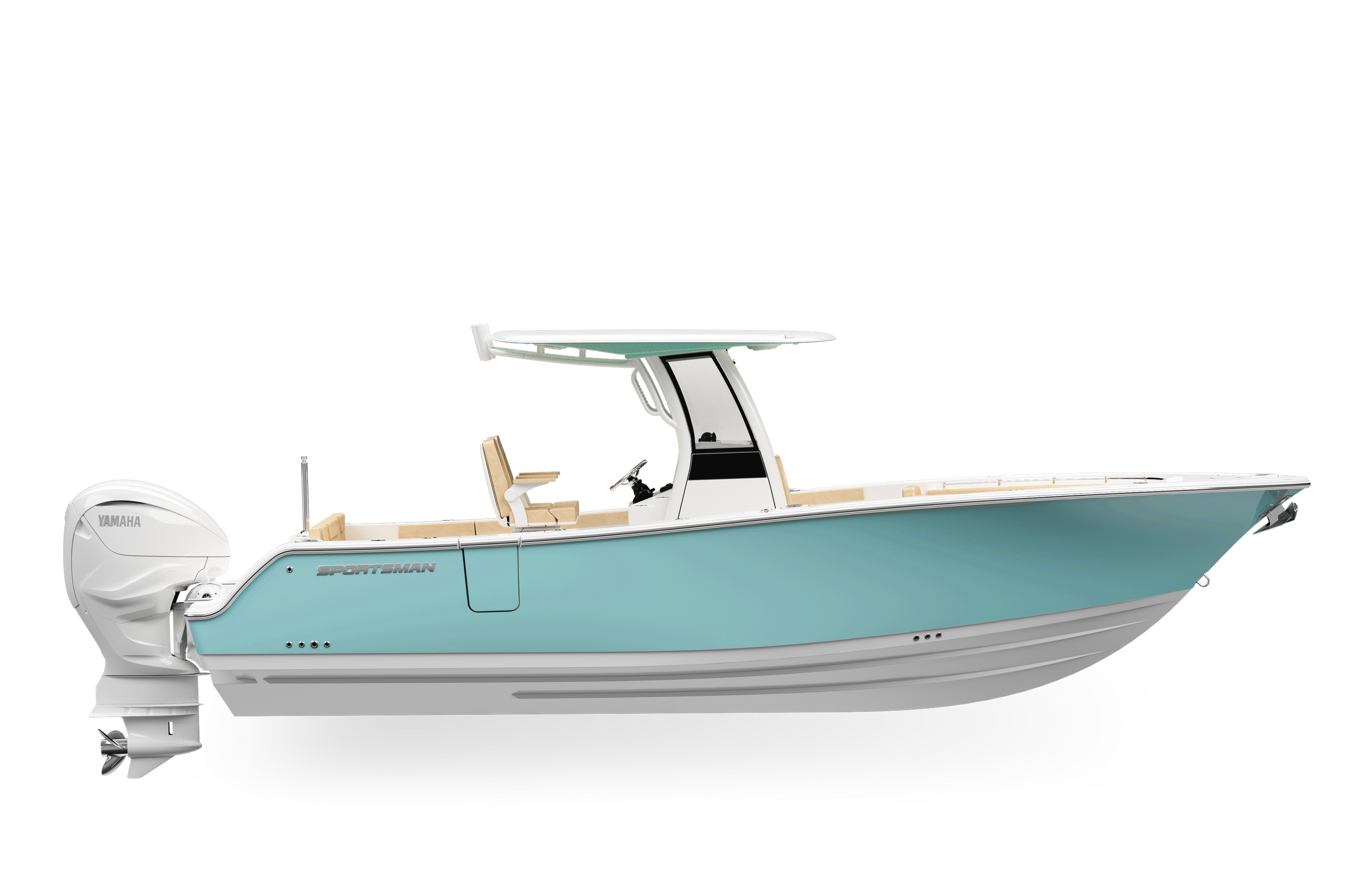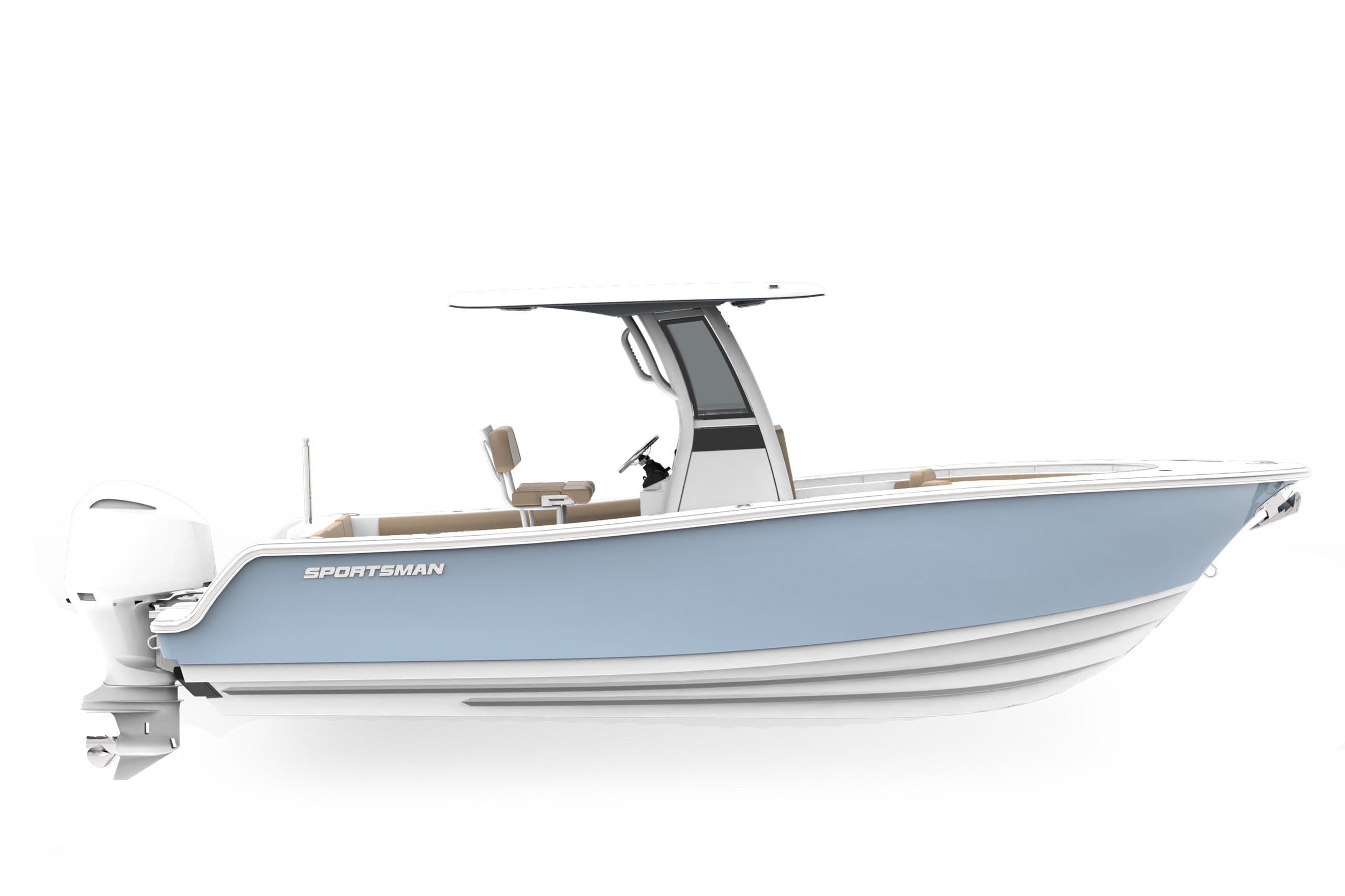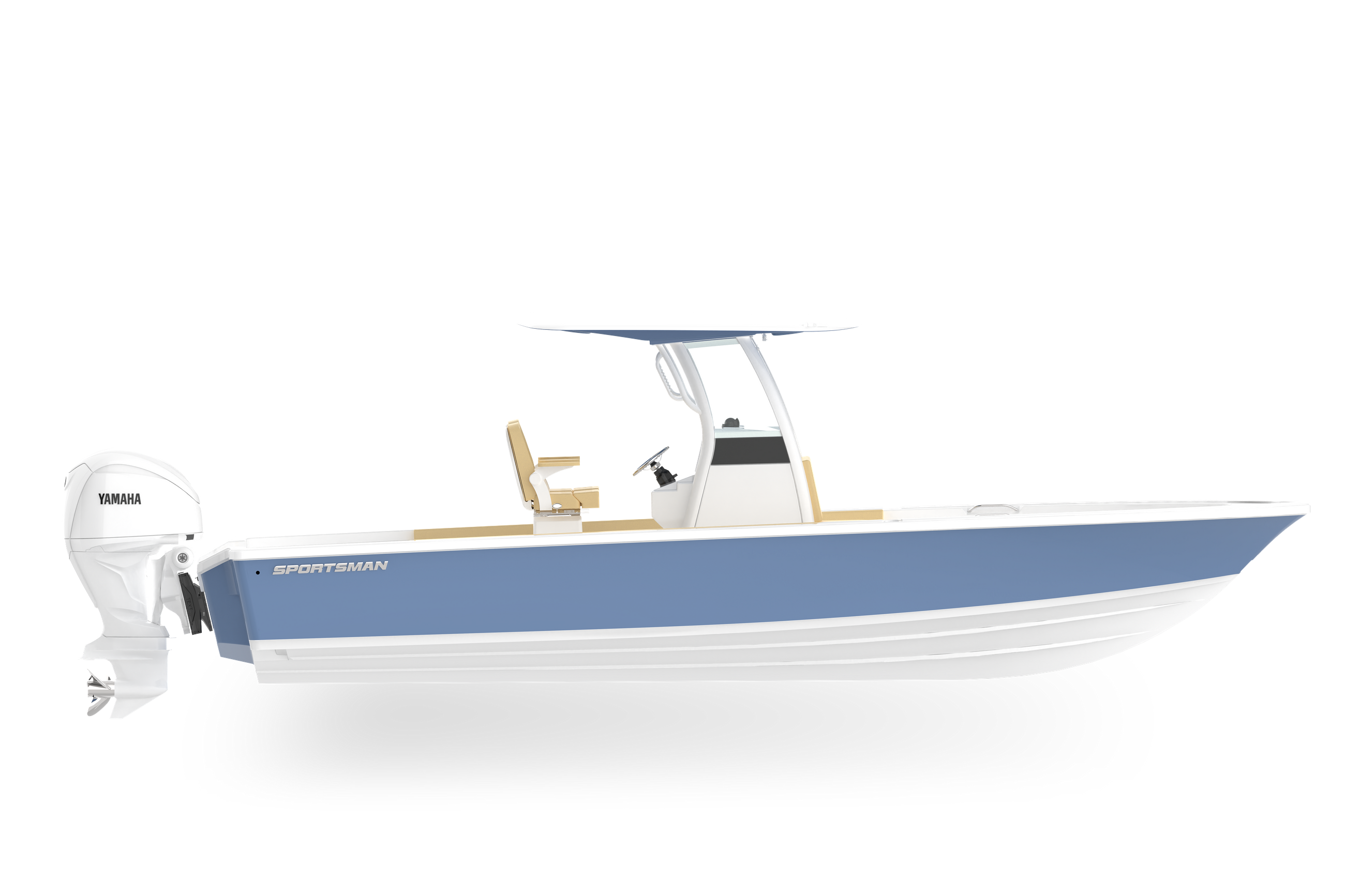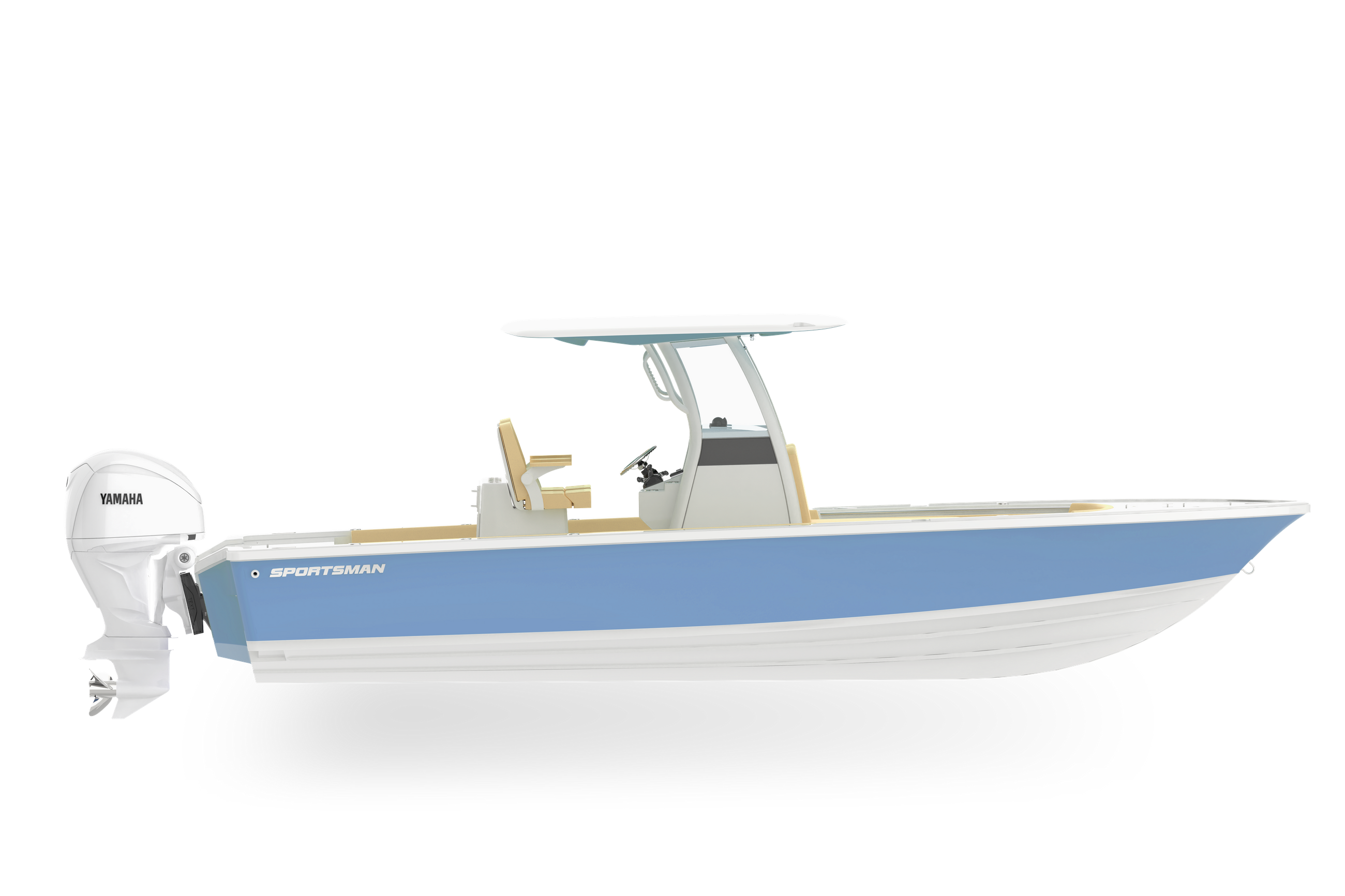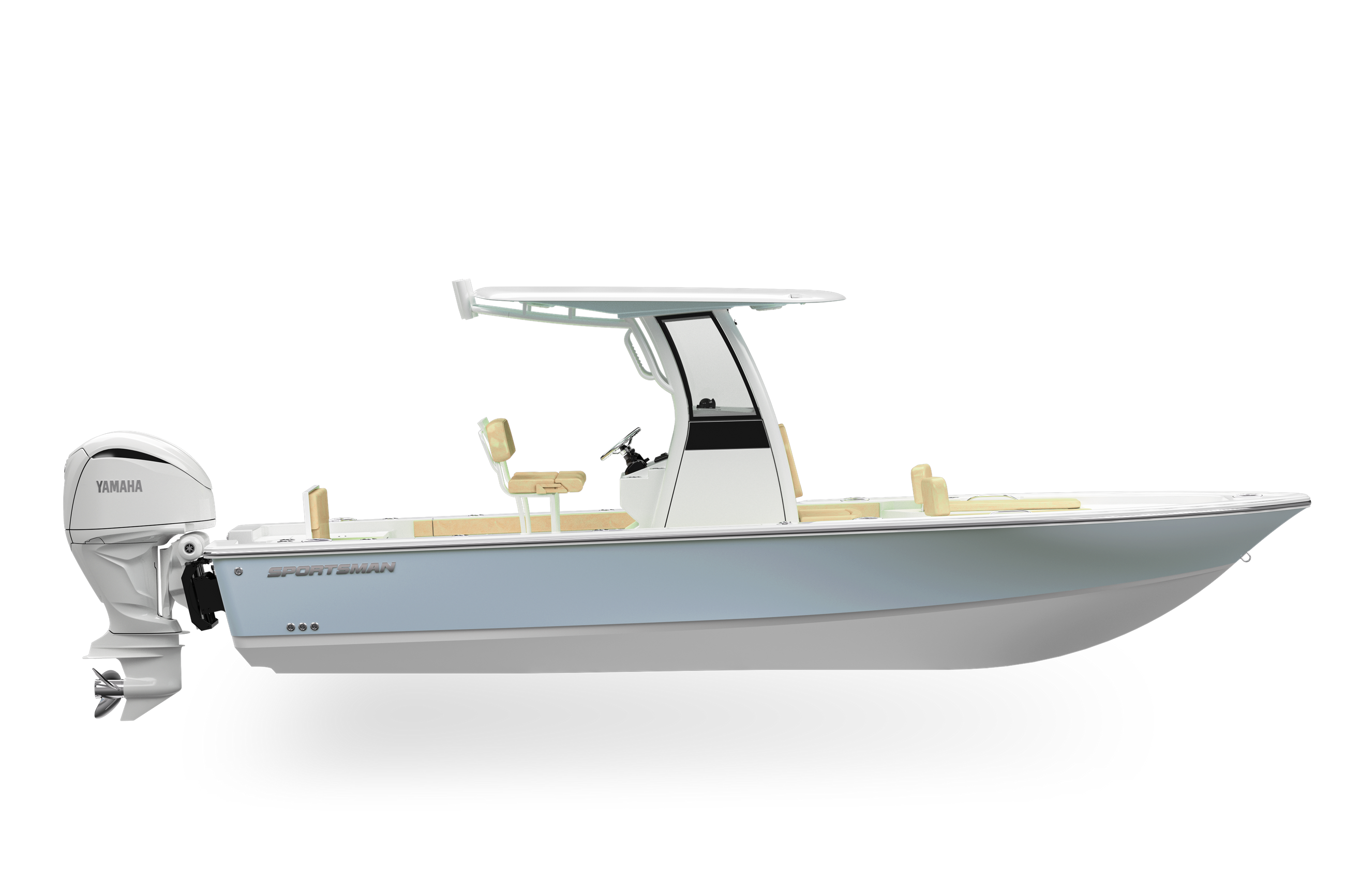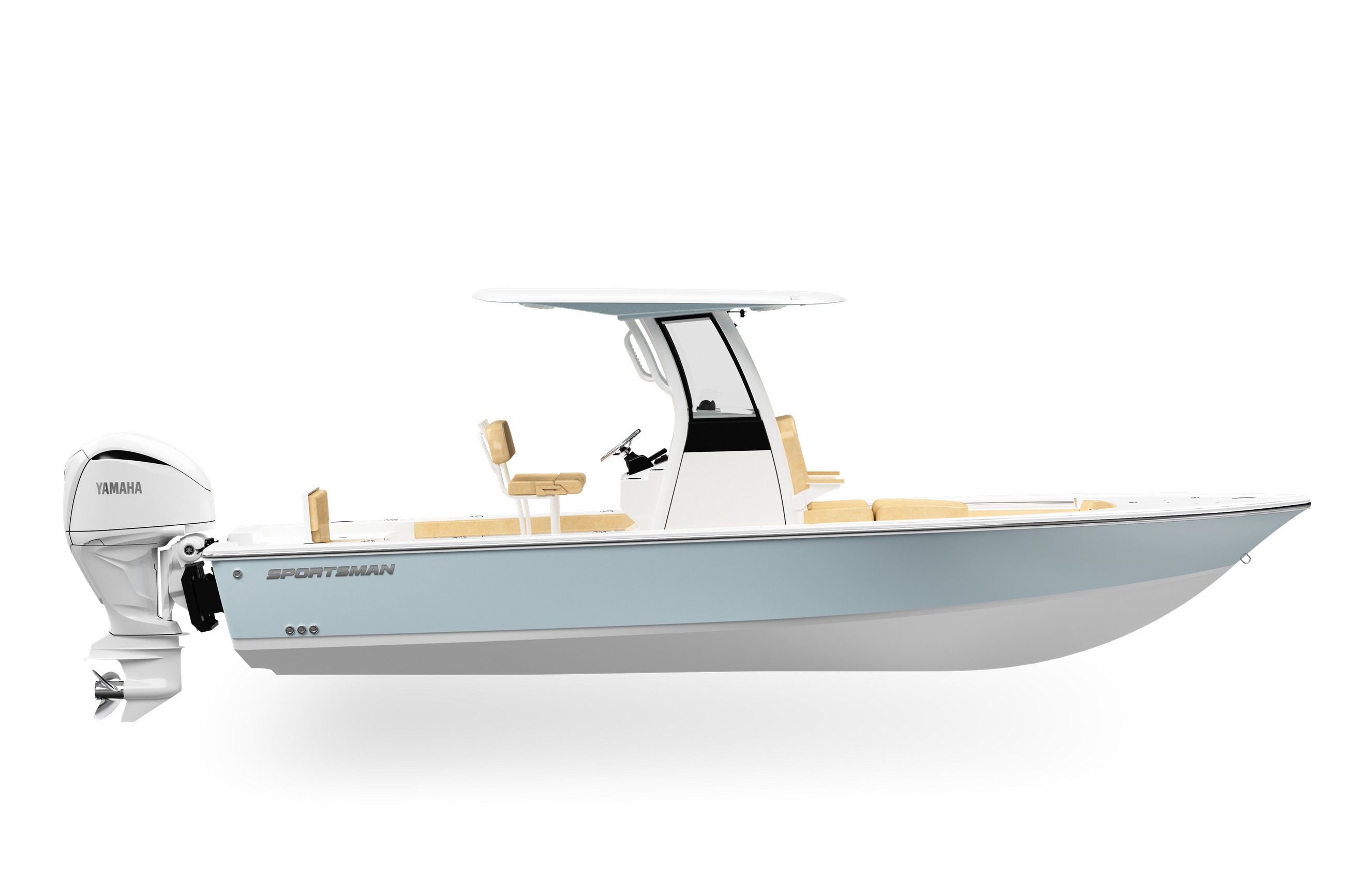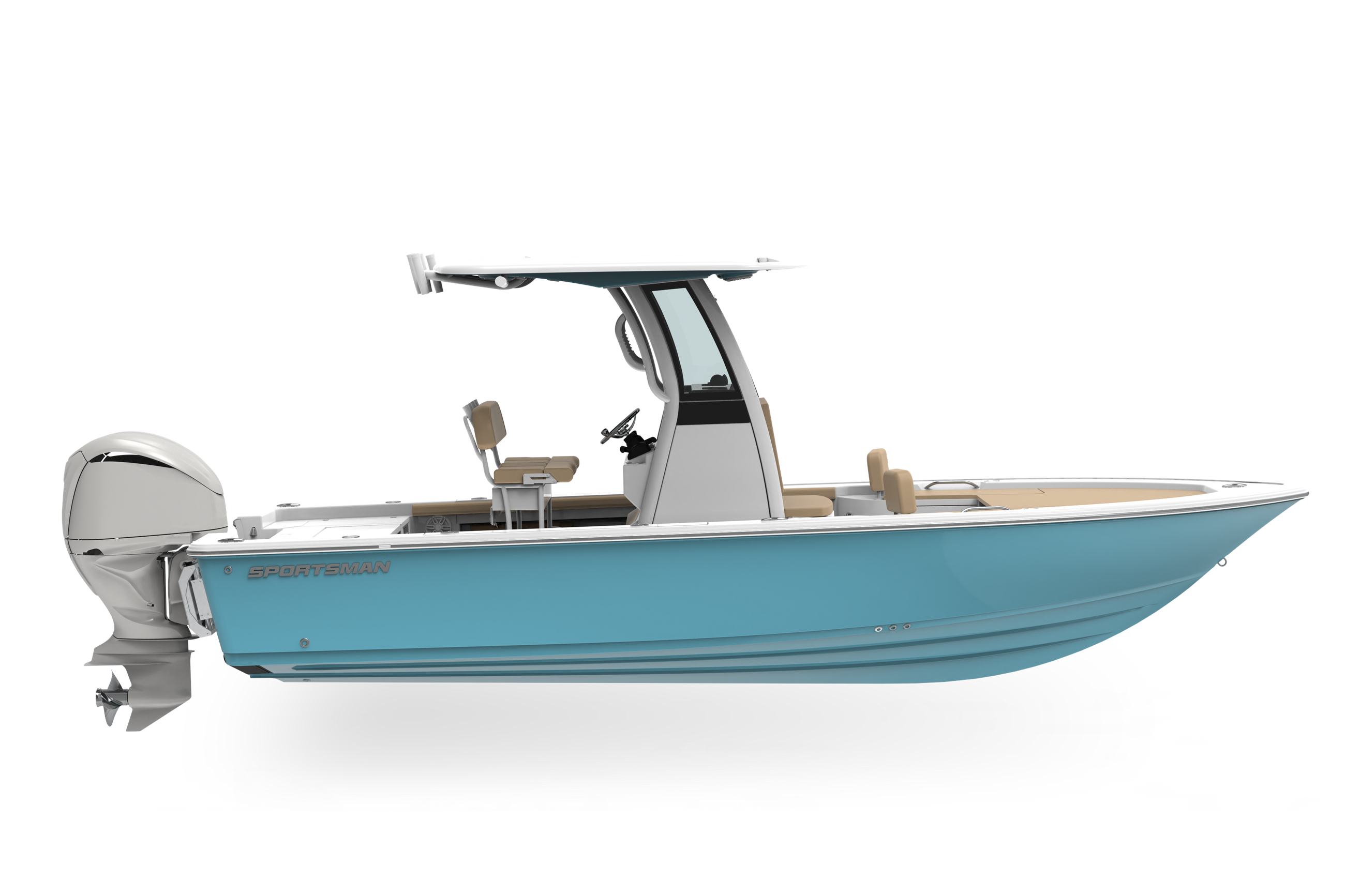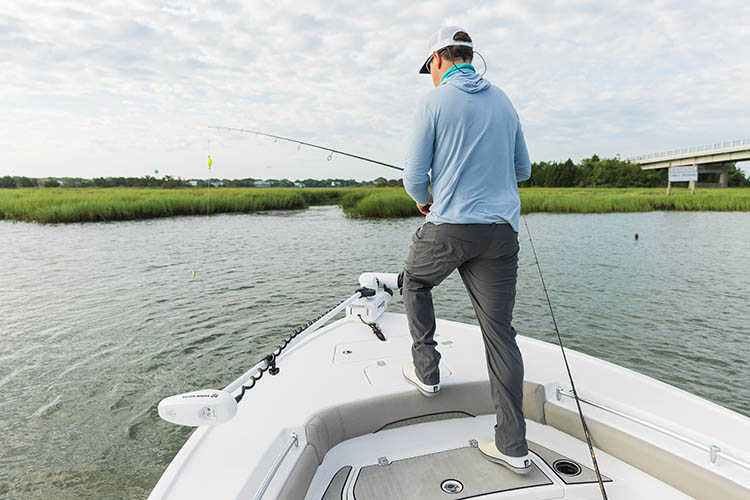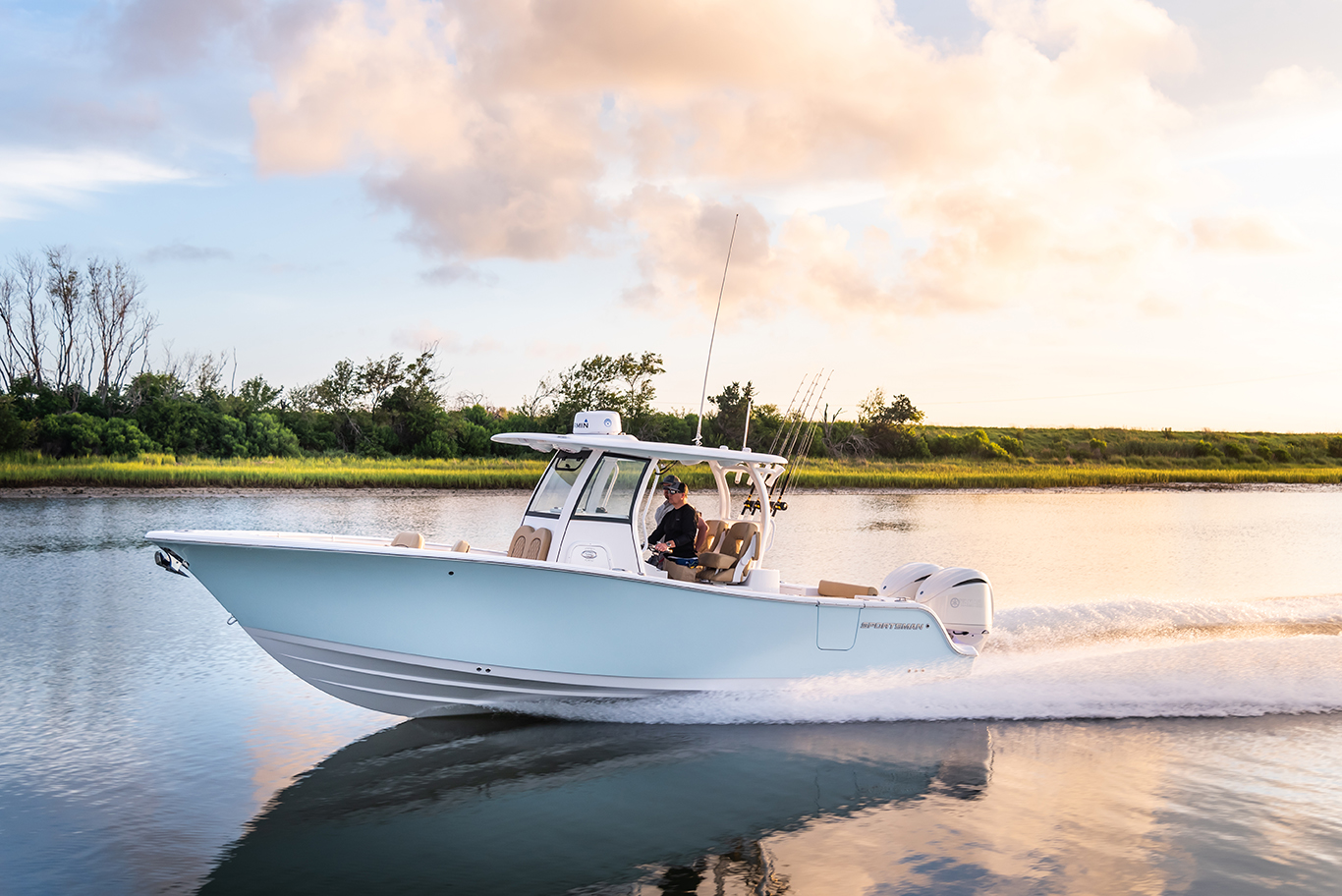Every boater needs to know what he or she is required to bring with them. If you're gearing up for a new season and need a refresher we've got you covered with our Essential Boat Safety Checklist.
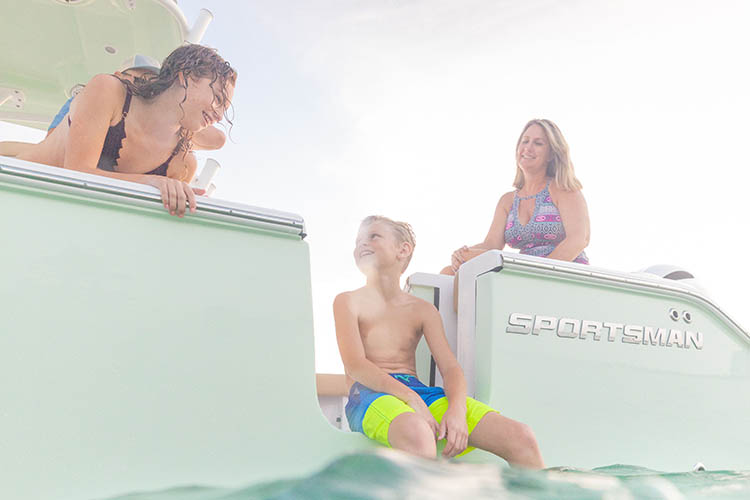
-
•Carry the five essential safety items on every trip: PFDs throwable devices fire extinguishers VDS and sound signaling devices
-
•Regularly inspect and service your safety gear before the season to ensure it will work in an emergency
-
•Pack smart extra items for the activity such as a first aid kit water flashlight and a radio so you are prepared for common problems
Winter has come to an end, the days are getting longer, the temperatures are rising, and your excitement for your first trip out on the boat is through the roof. You’ve got your boat cleaned up, your fishing gear organized, and all the drinks and snacks needed for a great day on the water, you’re just waiting for Friday to come so you can start your weekend with the family.
We design all of our boats to be as safe as we can possibly make them. We build to NMMA Certified Standards and ABYC Standards; this represents the highest in safety standards in the boating industry. But on top of that, there are precautions you, as a boat owner, must take to ensure maximum safety while boating. This starts with the 5 key essential items you MUST carry on your boat at all times, and these are rules enforced by local officials.
-
Life jackets or Personal Flotation Devices (PFDs)
- There must be one PFD per person on your boat. All children under the age of 12 must wear their PFD anytime the boat is moving. If you’re skiing behind the boat, you must also be wearing a PFD.
-
- While you must always have PFDs for each person, accidents could happen causing a person to go overboard and they may not be wearing their PFD. In this instance it’s important to have a throwable device, likely a doughnut (life ring), so that no one else has to enter the water in order to help get this person back to the boat. If the person were to be unconscious this throwable device will need to be swam to them and can be placed under their arms to hold them out of the water and assist you while swimming them back to the boat.
-
- Fire Extinguishers are important on a boat because they’re running on gasoline which is highly flammable and unexpected fires can happen for many different reasons. Boats use what are classified as B type extinguishers. These extinguishers are designed to put out fires started from flammable liquids such as gasoline. If your boat is 26 foot or under you need to carry a single B-1 extinguisher. If your boat is between 26-40 feet you need to carry either two B-1 extinguishers or a single B-2 extinguisher.
-
Visual Signaling Device or VDS
- This device is something such as a flare gun to signal for help in case of an emergency. Boats 16 feet and larger must carry a VDS all hours of the day and a VDS must only be used for emergencies. Failure to abide by this rule can result in fines. Along with this, all boats should have a light visible between sunset and sunrise.
-
- These devices are to attract attention during all hours of the day in case of emergency or in cases such as heavy fog. These devices can be items such as horns, whistles, or a bell. A bell is required for vessels over 39ft and must be sounded at regular intervals during times of limited visibility such as heavy fog.
These five items could help save your life or someone else’s life in case of an emergency. As boaters, we hope to never use these items, the same way as we hope to never use the airbags in our cars, but when we need them, we are thankful we have them. It’s good practice before the start of each season to ensure proper working order of all safety devices. Fire extinguishers need be replaced or serviced at certain intervals. Make sure that all of your fire extinguishers are still within the certified date period and replace all flares yearly so you know everything is properly working. Taking these annual precautions could be the thing that saves you from an emergency one day.
While these five items are essential and required by law there are other small items that you may need for certain recreational activities or may be good to have just in case.
- First Aid Kit
- Seasickness Remedies
- Bailing Device (Bucket)
- Anchor with line
- VHF Radio to call for help
- Cellphone
- Knife
- Mask & Snorkel
- Flashlights
- Compass
- Dive Flag
- Weather Radio
- Oars or Paddles
- Rain Jackets
- Emergency Meals
- Drinking Water
- Spare Rope
All of these items are things you can use in case of emergency and most will come in handy for simple tasks on your boat as little problems arise. A knife for something tangled around your prop, mask and snorkel for accessing any problems under your boat or casual swim, an anchor to hold yourself in place to wait for help or just keep your boat held down while fishing. Every item has its purpose, it’s up to you to carry what you feel you’ll need in the field, and remember, there’s nothing wrong with being slightly over prepared.
Related Posts
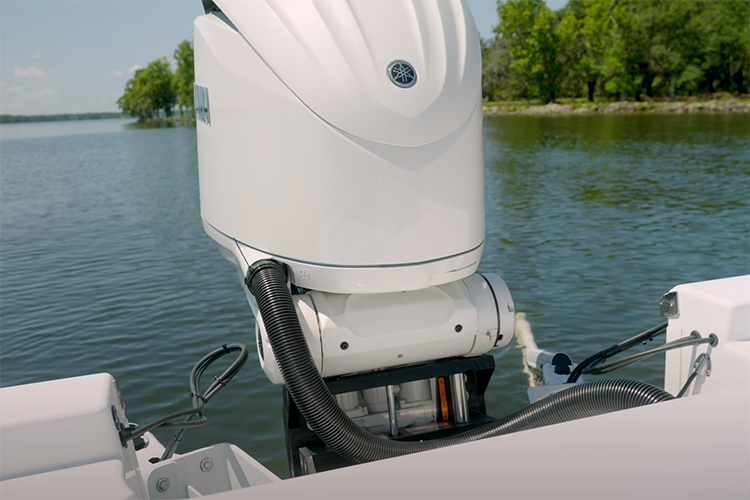
In this episode of Tech Talk, Sportsman Technical Sales Rep, Chase is going over what a jackplate is and how to properly use it for shallow...
Read More